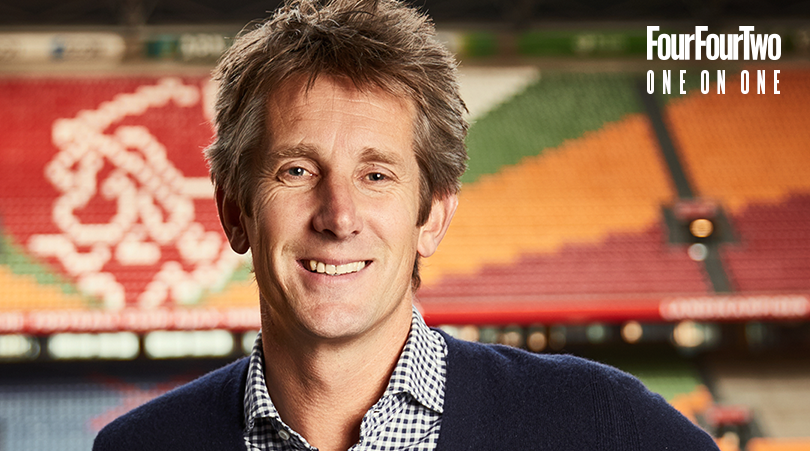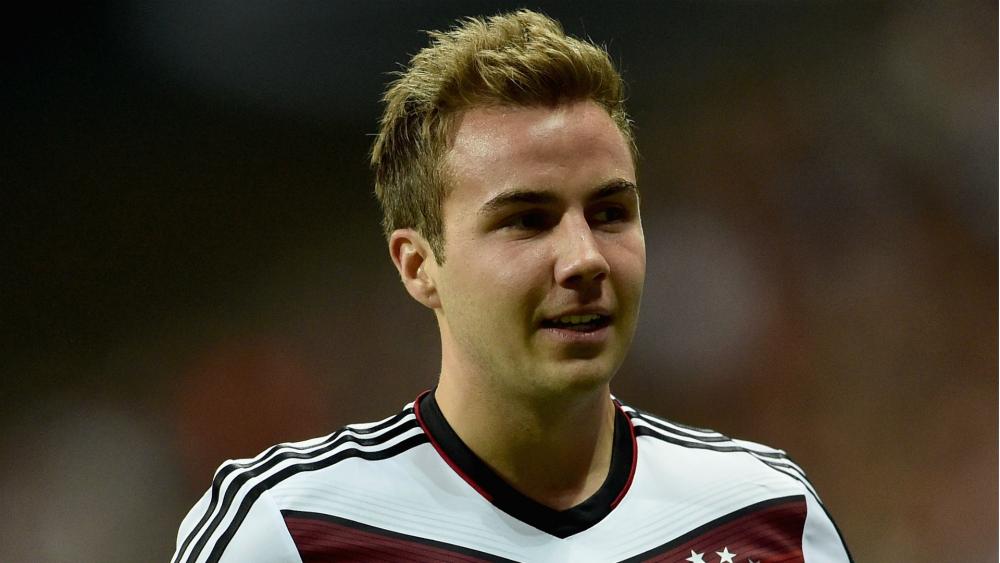Why Manchester United are passing their hardest test – before even facing Liverpool
TV ads would have you believe that big games settle Premier League titles, but Thore Haugstad explains why recent history shows how misleading this is
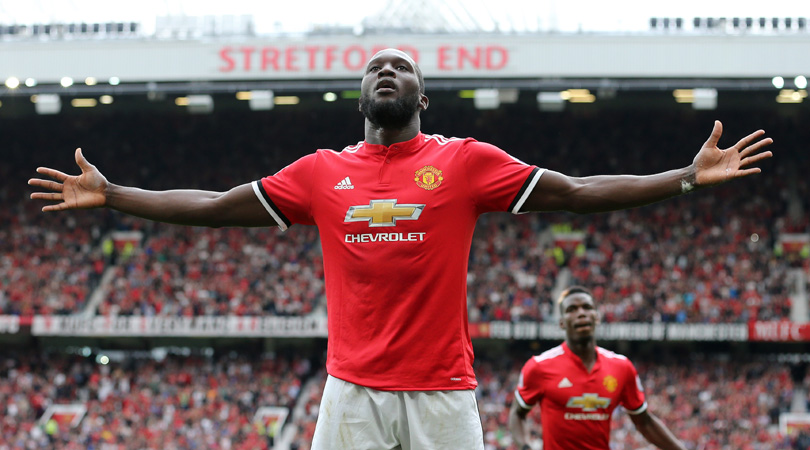
An old myth resurfaces this week. As Manchester United travel to Liverpool on Saturday for their first big game of the season, you may hear the line that, since they've still not met a direct rival, we still don’t really know how good they are. The argument plays on the old adage that you’ve "got to win the big games" to take the title.
The importance placed on the Premier League’s titanic clashes defies both logic and the new financial reality
All of this is wrong. The importance placed on the Premier League’s titanic clashes defies both logic and the new financial reality. United sit joint top with Manchester City with six wins and a draw in seven games, yet the modest status of their opponents so far appears to have devalued their results, as if they hardly matter. “They are yet to be tested,” we hear. But recent history disagrees.
Over the last four years, the champions have not done well in the big games at all. The key quality for title aspirants has instead been overshadowed by talk about wins that make "big statements" and "send a message". Though it might not look like it, United have already passed the biggest test.
Losing the mini league
The results of recent title winners suggest Manchester United can stumble at Anfield and still be in good health.
Last season Chelsea lost to United, Tottenham, Arsenal and Liverpool. In the top-six ‘mini league’ they came second, just ahead of Spurs. High above towered unbeaten Liverpool, who according to the adage should have coasted to the real title. Instead they came fourth, 17 points behind Chelsea.
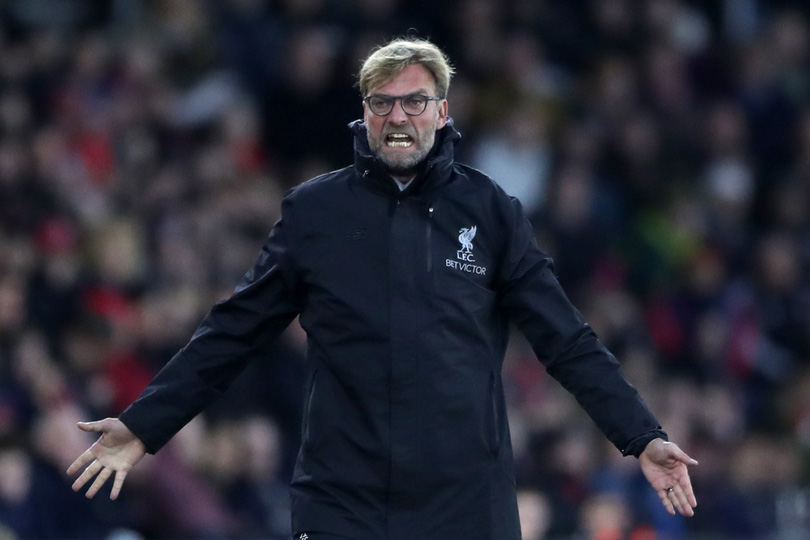
Chelsea were actually one of the better big-game champions of late. Leicester lifted the trophy by winning four of their 12 games against the top six – merely a third. They drew five and lost three. A year earlier, in the era of the top four, Chelsea won just two of their six clashes with direct title rivals. It proved more than enough to win the league.
Get FourFourTwo Newsletter
The best features, fun and footballing quizzes, straight to your inbox every week.
In 2014, Manchester City won it by losing three of their six games against the eventual top four. That season, the big-game experts were Chelsea, who won five and drew one – an impressive record, though in the real table they came third. The reason was that, like Liverpool last season, they lacked the main ingredient of which champions are made.
‘Secret’ formula
This not-so-secret factor is a formula that consistently beats the smaller teams. Find it, and evidence suggests you may only need the odd victory against your closest rivals.
Gruelling Champions League trips can force big teams to fly home at 4am on Thursday, then face Stoke away on Saturday. Winning the ‘easy’ games has never been harder
You could hardly call this a novel observation, but it often seems to be forgotten amid juicy top-six confrontations and Super Sundays. Although every champion will get most of their points from the 14 teams outside the eventual top six, these games are treated with less significance because the favourites are mostly expected to win. Hence why some feel the jury is still out on the current United side.
But this notion has never been more misleading. In an age where the Premier League relegation scrappers get more TV income than Atletico Madrid, who came third in La Liga, strong mid-table clubs beat the title candidates like never before. Additionally, gruelling Champions League trips can force big teams to fly home at 4am on Thursday, then face Stoke away on Saturday. Winning the ‘easy’ games has never been harder.
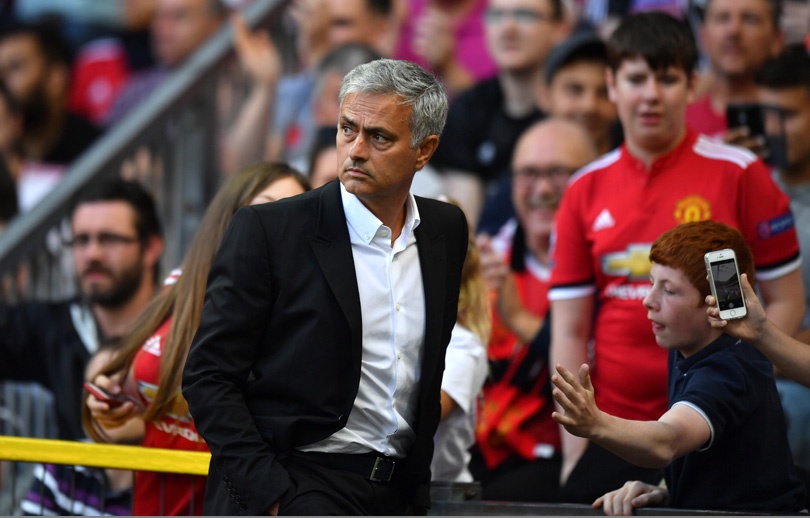
This means the real tests are often the 3pm kick-offs against lowly opponents. Chelsea won the title last season because they took 77 out of 84 points from the teams outside the top six, thanks to a solid and efficient system created by Antonio Conte. The same club won the league with a similar recipe under Mourinho in 2015, despite having a far worse ‘big game’ record than a year earlier. On both occasions, the key was to avoid slipping up where others did.
Burnley decide
This makes United’s season opening significant, because they too are showing signs of finding a formula that beats small teams. There’s one argument that, since they keep winning so comfortably, they are not being tested; that City seem stronger because they have beaten Liverpool and Chelsea. Manchester City do look strong, but United are being tested. Just look at the results elsewhere.
Tottenham have already dropped four points in ‘easy’ games, including at home to Swansea, a side United hammered 4-0 away. Chelsea have dropped three needless points; Arsenal three; Liverpool six. One of the key players in the title race might well be Burnley, who have stolen seven points from the top six. If City and United beat them, they know they’ll have gained ground.
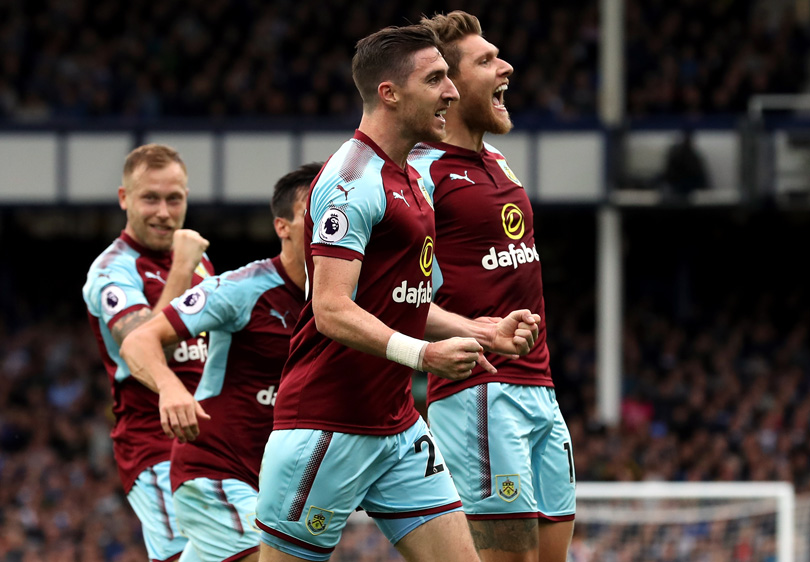
Yet they might not be able to, because beating teams like Burnley requires a different formula than winning the 'big' games. Fail to open up deep defences and you’ll draw blank. Struggle with long balls and you’ll concede. Had it been easy, Liverpool would have stormed to the title last season.
Big draws
The main incentive for teams who manage to find this formula is that games against smaller teams come around 28 times each season. Winning these logically yields more points than the 10 big games do. In fact, if you consistently win when expected to, you may hardly need to beat your rivals at all.
One of the reasons why Chelsea drew so many big games in 2014/15 was that they led the table from the start. Once ahead, Mourinho knew he had no reason to take risks; maintain the status quo, avoid slipping up, and the title is safe. As it turned out, Chelsea could have drawn all their six big games and still won the league.
All of which is why United’s fine start is important. Over their next four league games – which include trips to Liverpool and Chelsea plus Spurs at home – Mourinho may well primarily aim to avoid defeat, aware that United are likely to keep beating the smaller teams.
For such reasons, nobody should devalue the solidity United showed against Southampton, the counter-attacking at Swansea, the game management against West Ham and the sense of control against Crystal Palace. By winning these games, they have already ticked the biggest box. If some say it has been easy, it's because United have made it seem so.
